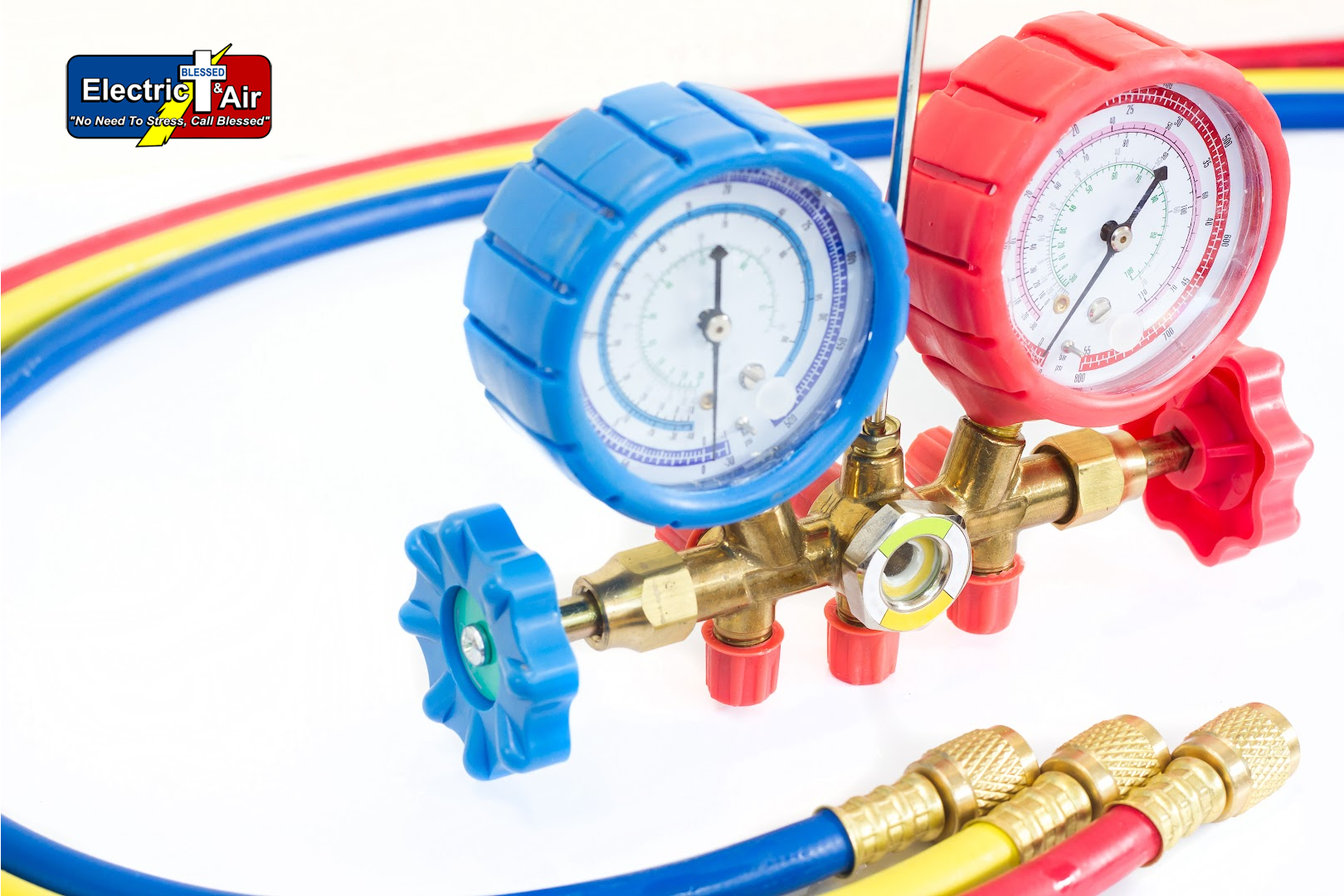Before talking about how to design a smart HVAC system, you need to understand the benefits of a smart HVAC system. The benefits will motivate you to take actions quickly. So, what are the benefits of a smart HVAC system?
Benefits of a Smart HVAC System
- The most important benefit is the reduction of carbon footprints. If at least tenth of the homes in the world use a smart HVAC system, the global carbon footprints will be reduced tremendously, making the atmosphere more ecofriendly. And the chances of global warming will be reduced further. As they say, a journey of several thousand kilometers starts with a single step. It starts with you.
- Smart systems will make your home energy-efficient and slash your monthly power consumption. In the end, your monthly energy bills will keep going down.
- Of Course, convenience is priceless. Having a smart unit in place will save you the hassles of turning on/off of your unit or setting the temperature several times a day.
- A smart HVAC system keeps track of your usage, so you can easily retrieve important data as to your usage patterns. You’ll be able to draw several important information from the data.
How to Make Your HVAC System Smart
A smart HVAC system has several inbuilt sensors and runs on certain programs to be able to take certain decisions with little or no human intervention. To make your unit smart, you need to incorporate the following features and components into it.
Connect your system to solar panels
It is a smart idea to install some solar panels on your roof and connect your HVAC to them. After that, you can program your unit to draw power from the solar panels during the day and return to the grid after sunset. This will reduce your dependency on the grid and cut down on your monthly power usage.
Install air purifiers
The quality of air in your home is equally as important as the indoor temperature. Poor air quality can lead to a litany of health issues. Although HVAC units are designed to filter off contaminants, you can install air purifiers to further increase your unit’s air-purifying ability. It will save you a lot of health issues.
Include some important sensors
A motion detection sensor has the ability to monitor the motion in different zones/compartments/rooms in your home. When the motion is almost zero in a certain zone for a certain period of time, the sensor will shut down the supply of hot/cold air to that zone until motion is detected in the zone again.
And if there are no motion in all the zones for a certain length of time, it means no one is at home. The sensor will shut down the entire HVAC system to save energy.
To save your energy consumption, you don’t have to leave your unit on all through the day. There are certain periods in a day that the indoor temperature is okay. During this, you can shut down your unit to save power. This is the function of the temperature sensor. Once the indoor temperature becomes normal, it shuts down the unit. And when the temperature drops below or shoots up above the normal range, the temperature sensor can start the cooling or heating unit, depending on the situation.
Proximity sensor detects how close you are to your home. That way, it can start your unit even before you get into your home. The advantage of this sensor is that you don’t have to wait for some minutes before the indoor temperature gets to your preferred point. Since your unit will start working before you get home, your home will be cool/warm before you get inside.
Environment sensor can detect and alert you of problems like reduced HVAC efficiency, dirty air filter, and air duct leakage. Ordinarily, it will take you days or weeks to detect these problems, but your environmental sensor will bring any of them to your notice within a few hours.
Install a remote control
It is much more convenient to control the temperature in your home with a remote control instead of walking to the thermostat. You may have to change the temperature several times a day. Walking to the thermostat each time might be tedious and cumbersome. A remote control can make the job easier. With a remote control, you can control your unit from wherever you are.
You can even take it further. With internet connection, you can install an app with which you’ll control your HVAC system from your phone. That means you don’t even have to be physically present in your home to be able to control your unit.
Conclusion
Making your unit smart isn’t what you can handle on your own except you’re an HVAC expert. You need to hire a professional and offer all the suggestions discussed. Yours is to proffer ideas and let your HVAC service providers implement your suggestions.

